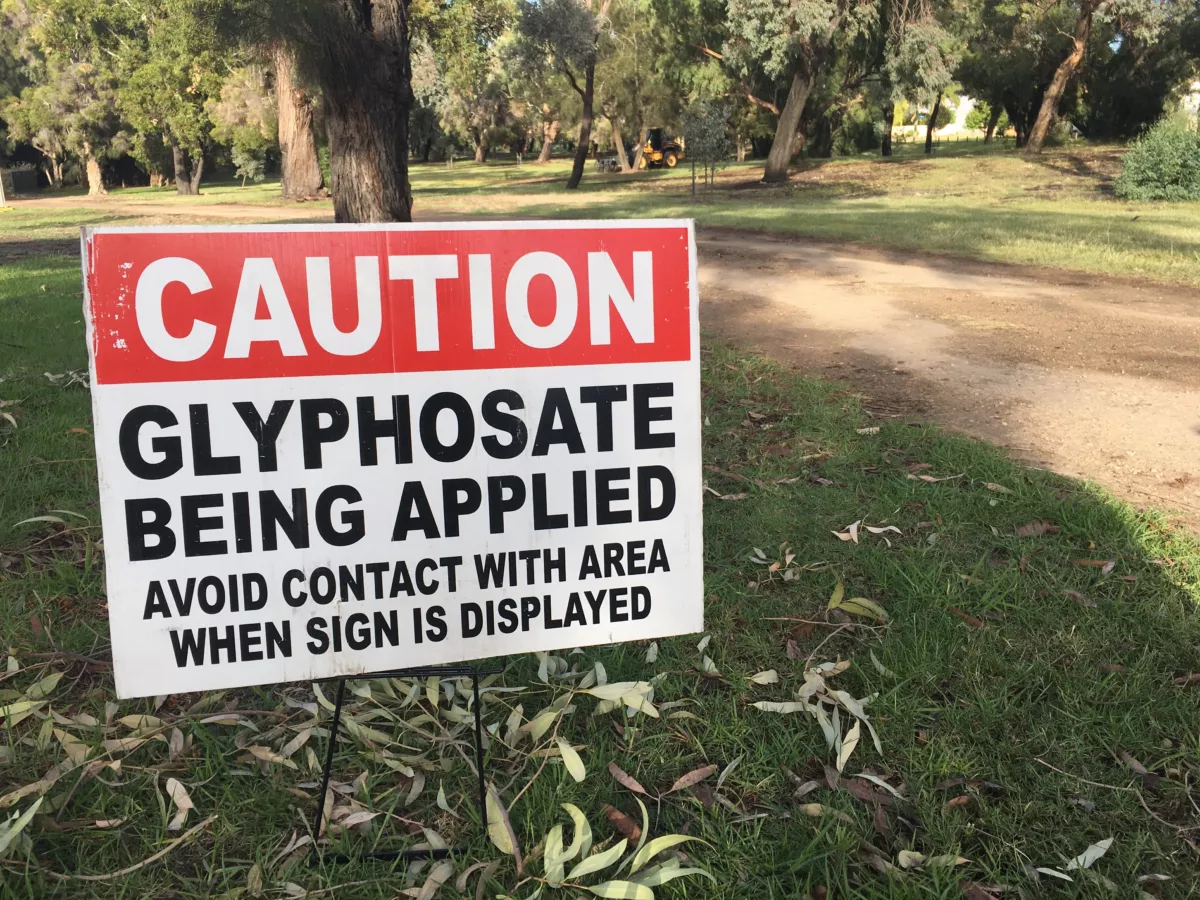
Lockdown-Protest-Charges-Guilty-and-Not-Guilty
Cullen McDonald, photo via thecanadianindependent.substack.com
Lockdown Protest Charges: Guilty and Not Guilty?
By The Canadian Independent
thecanadianindependent.substack.com
A legal battle continues to unfold surrounding Cullen McDonald, 34, a man from Ontario who participated in protests against COVID-19 lockdown measures. McDonald was criminally charged with “common nuisance” for protesting in Niagara Falls and St. Catharines, Ontario, in 2021. He received two dramatically different verdicts: he was found not guilty in one city and convicted in another, sparking legal controversy that is now headed to the Superior Court for appeal.
Speaking to The Canadian Independent from Mexico, where he now resides most of the time, McDonald shared that, in 2021, he participated in several anti-lockdown and mandate protests across various cities in Ontario. During these protests, he received several provincial tickets for violating the Emergency Management and Civil Protection Act (EMCPA) and the Reopening Ontario Act (ROA).
Both of McDonald’s criminal, common nuisance cases were prosecuted by the same prosecutor, Michael Lucifora, who was appointed in 2020. The court decisions indicated that McDonald was charged due to his involvement in gatherings that violated provincial orders under the EMCPA and the ROA. McDonald chose to represent himself in both criminal cases.
Don’t lose touch with uncensored news! Join our mailing list today.
On April 17, 2021, in Niagara Falls, McDonald participated in a protest attended by approximately 500 people, which allegedly contravened stay-at-home orders and restrictions on public gatherings. Alongside many others, he marched through downtown Niagara Falls, with numerous participants not wearing masks or observing physical distancing, according to the Crown.
The Crown charged McDonald with common nuisance, arguing the gathering posed a risk to public health. However, on January 3, 2024, Justice Richard Blouin found him not guilty.
Blouin’s decision was based on two legal principles: actus reus (the guilty act) and mens rea (the guilty mind). He pointed out that McDonald’s protest did not constitute the guilty act of common nuisance, since it took place outdoors, where the risk of transmission was minimal. Dr. Matthew Muller, an expert on COVID-19 transmission, testified that outdoor transmission is significantly lower than indoor transmission. Blouin emphasized that the gathering did not “constitute a real risk of communication of the disease, thereby endangering the public.”
Blouin reasoned that McDonald could not have known his outdoor protest created a public health risk, especially considering the inconsistent pandemic restrictions. For instance, indoor gatherings, like weddings, were permitted with limitations, yet outdoor protests were not. He argued that this inconsistency muddied McDonald’s awareness of any danger his actions might have posed, meaning McDonald lacked the necessary mens rea (guilty mind), since he could not have reasonably known that his protest presented a public health risk.
Blouin also concluded that elevating a violation of provincial health orders to a criminal offense would set a dangerous precedent, as it would allow every infraction of public health measures to be treated as a criminal offense rather than just a provincial violation.
On May 1, 2021, in St. Catharines, McDonald attended a smaller protest where approximately 150 people gathered in defiance of public health orders. During this protest, he delivered a 60-second speech, urging participants to “rise up” against the lockdowns.
Justice J. A. De Filippis, aware of the previous not-guilty ruling by Justice Blouin, arrived at a completely different conclusion. He determined that McDonald’s speech and alleged leadership role amplified the risks associated with the gathering. Despite recognizing that outdoor transmission posed a lower risk, Justice De Filippis ruled that the size of the crowd, the absence of masks, and McDonald’s alleged organizing role met the threshold for common nuisance.
Although this protest was much smaller compared to the previous one, Justice De Filippis found McDonald guilty of common nuisance on January 16, 2024, concluding that Mcdonald’s “failure to discharge legal duties imposed as part of the state of emergency endangered the lives, safety, and health of the public.” As a result, McDonald was fined $3,000, imposed a $900 victim surcharge, and received a criminal record.
Now, appealing his guilty verdict, McDonald argues that the ruling had several errors in law. His appeal will be heard on October 11, 2024, and is expected to set a critical precedent for how provincial public health violations can be construed as criminal offenses.
In addition to McDonald’s appeal, the Crown Attorney has filed two appeals. The first challenges McDonald’s not-guilty verdict in the Niagara Falls case, seeking an order setting aside the respondent’s acquittal and entering a conviction, or in the alternative, ordering a new trial for the April 17 protest.
The Crown’s second appeal contests the sentencing in the St. Catharines case, where McDonald was found guilty, and is seeking an order varying McDonald’s sentence by imposing a custodial sentence of 6 to 12 months.
The case of R v. Sharma, a 1993 Supreme Court of Canada appeal ruling, could play a critical role in overturning McDonald’s guilty verdict. R v. Sharma involved a flower vendor in Toronto who faced two charges: one for violating a municipal by-law that prohibited street vending without a license, and another for obstructing a peace officer. The municipal law only allowed property owners or occupants of land adjacent to the sidewalk to obtain licenses for sidewalk vending, making Sharma ineligible.
After being ticketed for selling flowers near Yonge and Dundas Streets without a license, Sharma refused to leave, following his employer’s advice. This led to the second criminal charge for obstructing a peace officer when he disobeyed a police order to move.
The Supreme Court of Canada overturned Sharma’s conviction because the municipal by-laws restricting street vending were found to be ultra vires (beyond legal authority), and thus, the criminal charge of obstructing a peace officer could not stand. Cullen McDonald, convicted of common nuisance for protesting COVID-19 lockdowns in Ontario, could use the Sharma case to argue that the provincial emergency laws under the EMCPA and ROA similarly overreached in escalating a provincial offense (violating lockdown orders) into a criminal charge.
McDonald could contend that, as in Sharma, the provincial measures unlawfully restricted his fundamental rights, such as freedom of assembly, without clear statutory authority and should not result in a criminal conviction for common nuisance.
The Canadian Independent spoke with former Ontario provincial offenses prosecutor, Suzanne Coles, about Justice De Filippis’ guilty verdict. Coles remarked, “The Justice’s analysis of the facts, despite being virtually identical to the previous matter, came to an opposite conclusion… The Justice relied on precedent that is distinguishable from this case.”
Coles added, “If the federal government had intended to deal with people in this situation, they would have included it in the Criminal Code. The fact that they specifically enacted provincial legislation means there was an intention to handle it outside the criminal process.”
When asked why he is fighting this with an appeal, McDonald said, “My appeal is important to me because it challenges government overreach and defends the fundamental rights of all Canadians. It’s an opportunity to uphold constitutional freedoms, particularly the right to peaceful assembly and freedom of speech, while also addressing the misuse of legal systems to suppress dissent. I’m committed to fighting these injustices and safeguarding individual rights, not only for myself, but, more importantly, for the next generation—our children.”
As both sides prepare for the October 11, 2024, appeal hearing, the stakes could not be higher. The outcomes will not only affect McDonald but could also set a precedent for applying federal criminal charges to provincial public health mandates.
The Canadian Independent will continue to monitor this story as it unfolds.
Originally published at thecanadianindependent.substack.com












